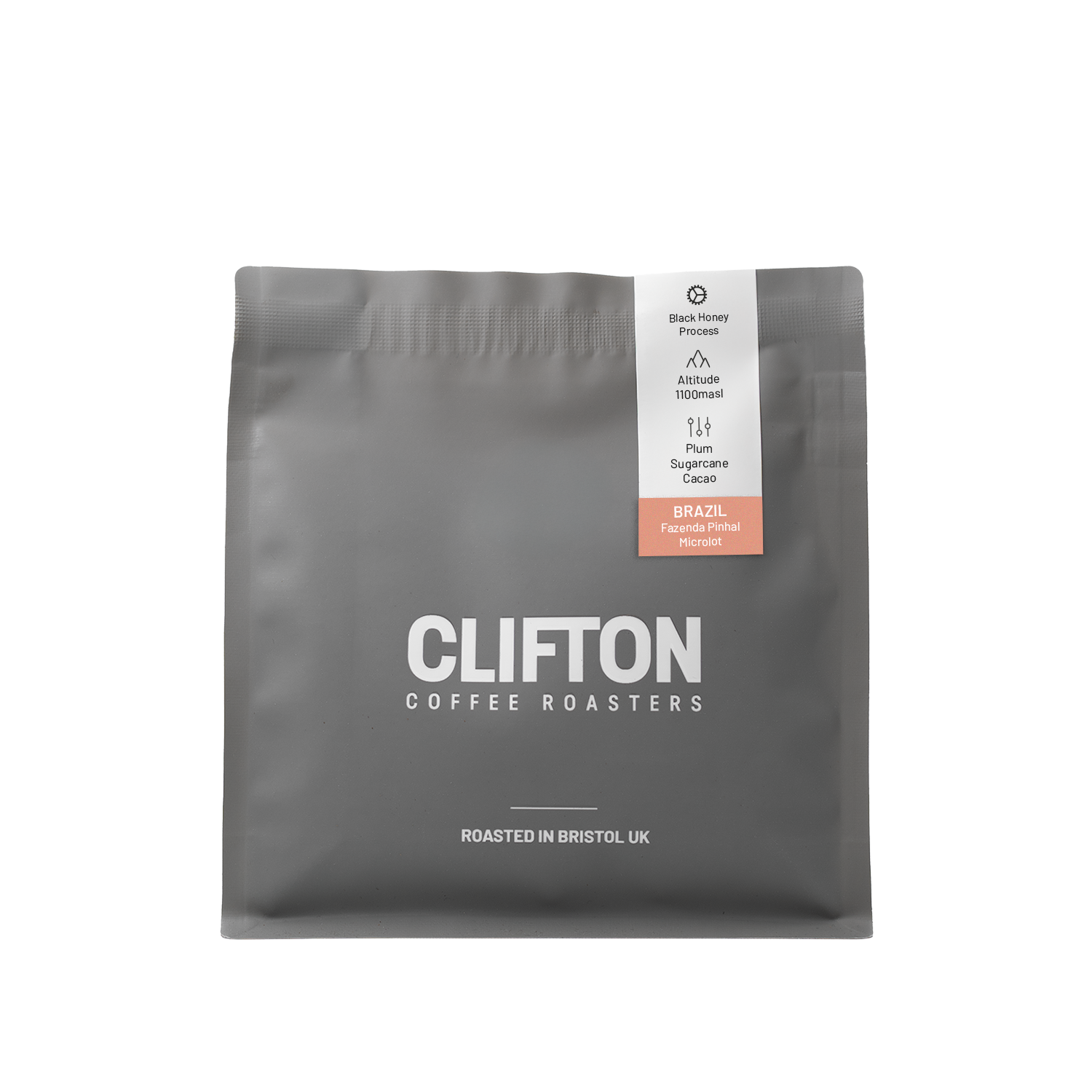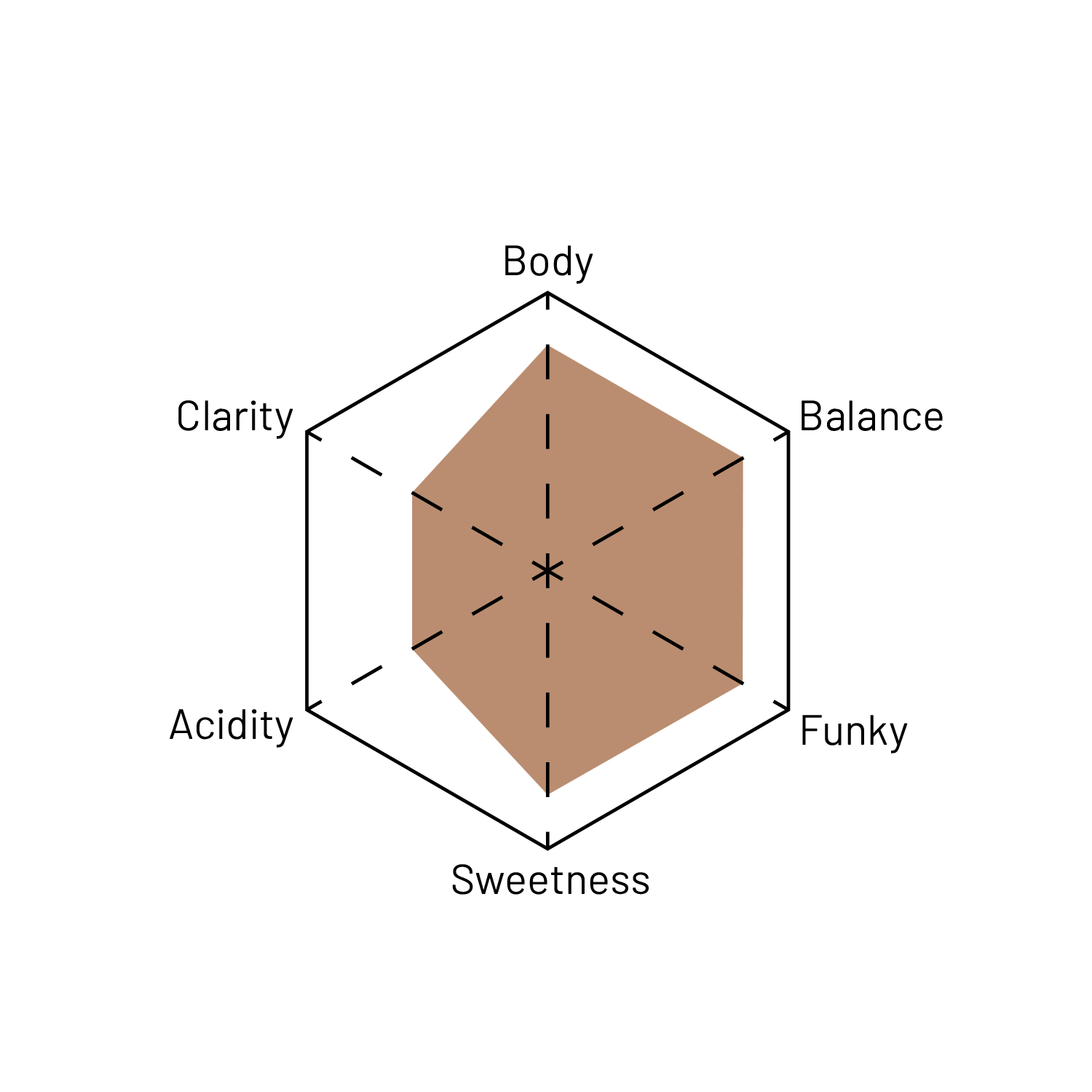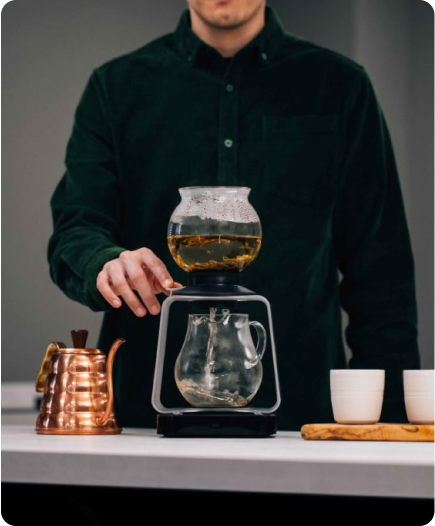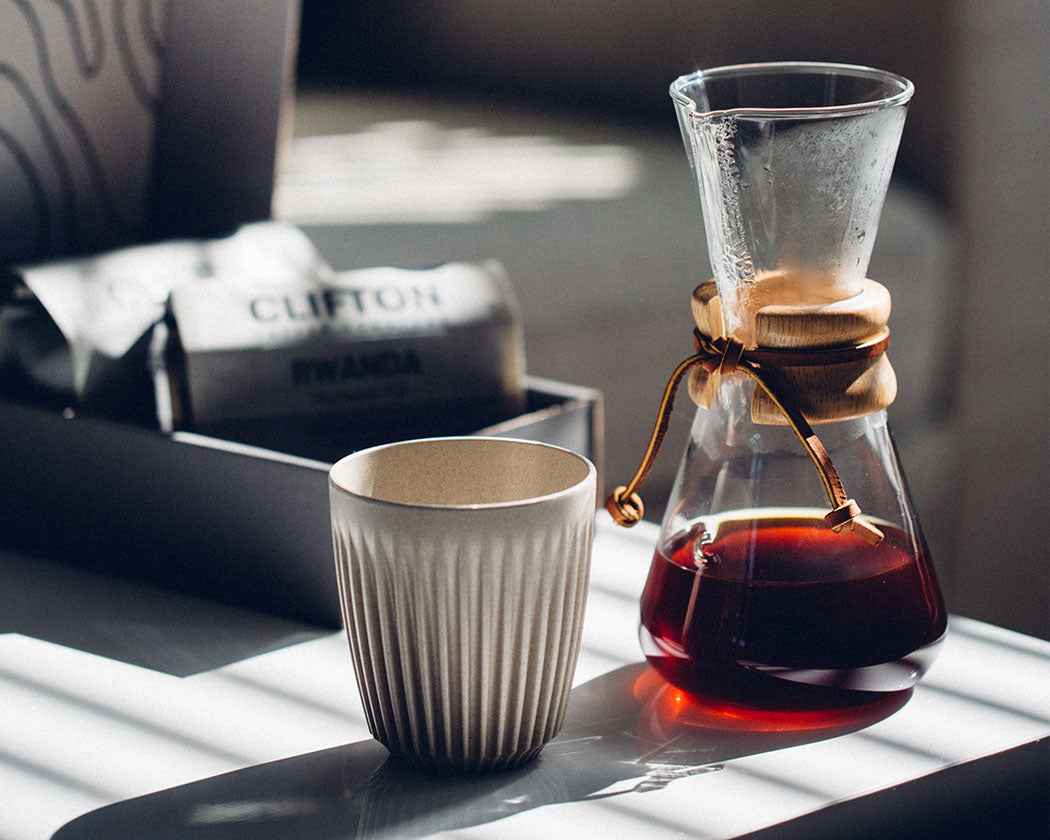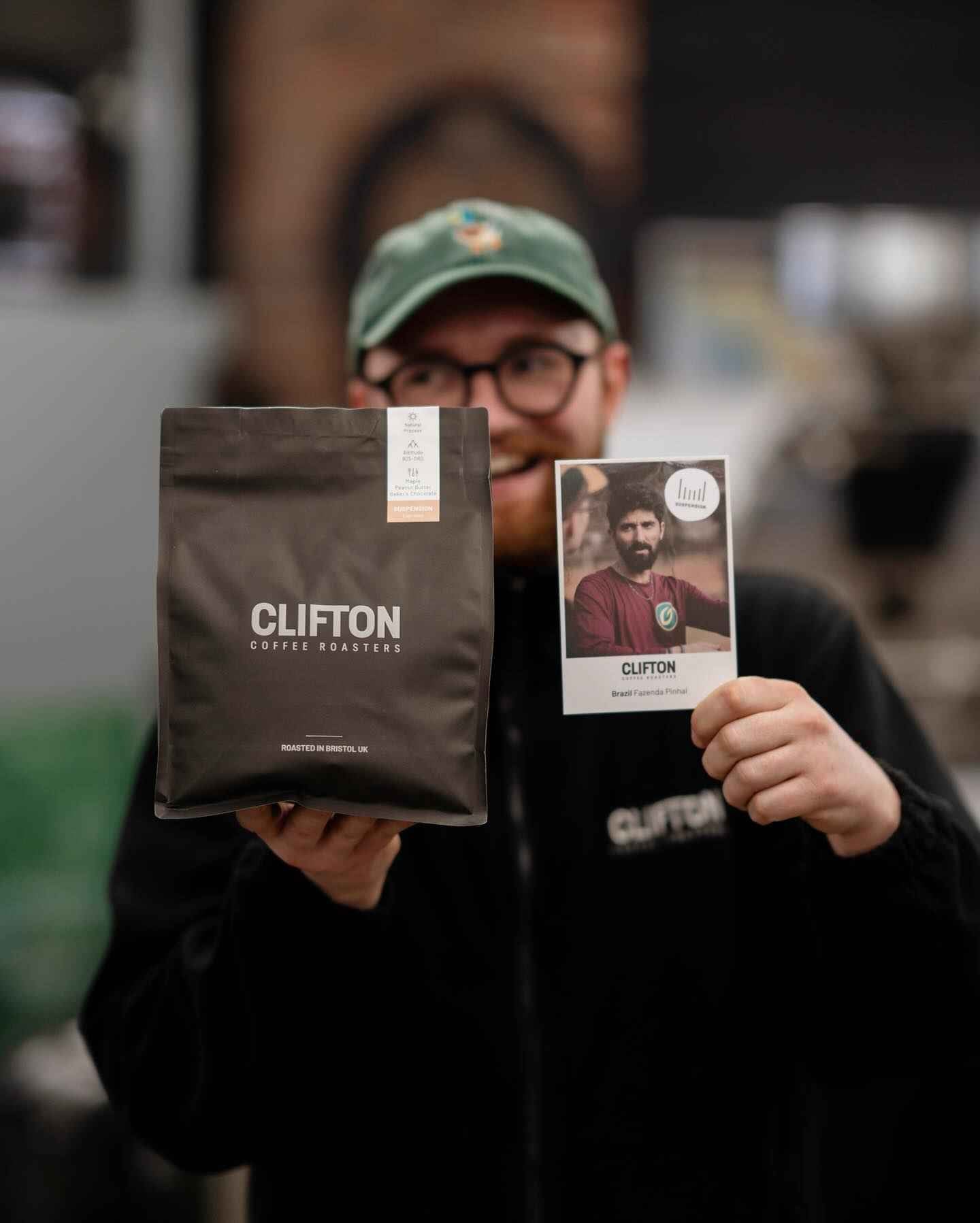Explore Coffee
Shop our Best Sellers. Expertly roasted.
Our Collections
Your Setup, Upgraded — Explore Coffee, Tea & Equipment.
Shop coffee
Clifton Coffee — Speciality CoffeeDiscover your perfect cup of coffee—crafted to match your taste and style.
Wake up to perfection every day!
-

Our Story
Learn moreFounded by James Fisher in 2001, Clifton Coffee began by servicing espresso machines for Bristol’s independent businesses. Fast forward a few years, joined by Ed Buston, Emma Russe and brother Miles Lenthall, we expanded into coffee wholesale. As the company grew, a few key Bristol based multi-site customers joined us – all of which we are still proud to serve today, 24 years later.
-

Certified B-Corp
Read moreWe became a certified B Corporation in 2023, joining a global movement of for-profit companies committed to a sustainable, inclusive economy.
This certification measures our entire social and environmental impact, reflecting our pledge to prioritise people and planet over profit.
-

Coffee Quality
Origin FilmsAt Clifton Coffee, we prioritise transparent, ethical sourcing. 90% of our coffee is bought directly from origin through our own relationships. Our sourcing team travels globally to build partnerships and ensure our buying supports economic, environmental, and social sustainability. We collaborate with the most sought after producers to bring you world class coffees.
Join our Community
Sign up to our newsletter to stay up to date on all offers, discounts and more.













